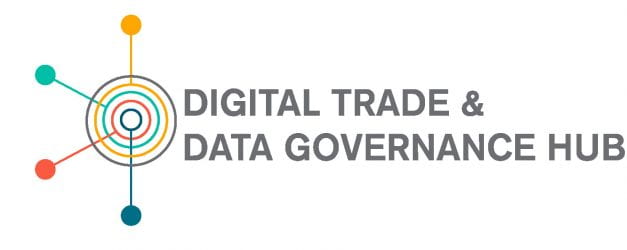Data, is ubiquitous. Firms and governments have a variety of reasons for collecting data, including to create new products, stimulate innovation, solve complex problems, and deliver tailored public services. 2 Given these many different rationales for data collection and analysis, policymakers must find a balance between ensuring an appropriate enabling environment to stimulate datadriven innovation while simultaneously protecting their citizens from direct and indirect data-driven harms. It is important to get that balance right because the imposition of overly broad or onerous barriers to innovation can make a nation less competitive internationally.
The OECD defines data governance as principles, policies, standards, laws, regulations, and agreements designed to control, manage, share, protect, and extract value from various types of data. 3 Data governance is challenging for all nations for several reasons:
- Data’s value is derived not by what data is, but by what researchers and firms can do to it to create value. Sometimes researchers and firms create that value by sharing data; other times they can create that value by denying others the ability to utilize that same set of data. Hence, how nations choose to govern data can affect how, when and whether researchers and firms can or cannot succeed at making money from data.
- To appropriate that value, bad actors may hack, steal, or manipulate troves of personal or proprietary data held by firms and governments. Such actions can affect individuals, groups, and national security. Policymakers must clearly delineate specific rules to ensure that the rights of individuals, whether data subjects or creators, are protected while simultaneously clarifying the responsibilities of data collectors to protect data.
- Failure to effectively govern personal data can undermine economic development, and affect human agency, human rights, democracy, and collective self-determination.
Click here to access the full report on the Digital Trade & Data Governance Hub's website.


